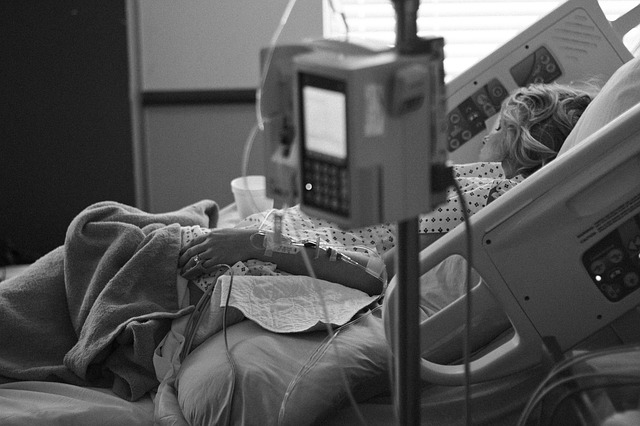
When the death of a loved one is on the horizon, it may still be possible to complete a comprehensive estate plan. Some people experience psychological discomfort when addressing issues that would occur after their passing. This could be the reason it is not uncommon for people to put off completing or even starting their estate plan until they are in a hospital bed. However, estate planning is important in taking advantage of tax savings and estate preservation. Click here to read more about estate planning.
Mental Capacity Issues
Last minute planning causes some issues that may not be present if planning is done earlier. Concerns about mental capacity are common. Mental capacity is required for anyone to execute estate planning documents. If the person lacks mental capacity, the ability to execute documents may be limited or impossible.
Tests for this mental capacity is slightly different than the requirements for a person to enter into a contract. The results can change depending on the person’s mental capacity at the time of the signing of the document. Our attorneys are experienced at performing these mental exams to show that someone had the requisite mental capacity at the time.
If the person has an existing durable power of attorney with sufficient powers granted to the attorney-in-fact, it might be possible to prepare and execute an estate plan on the dying person’s behalf. A review of the document by our competent estate planning attorneys would be required to determine if the method would work. We would be glad to provide a quick review of the document to help you make that determination.
Another possible option is a conservatorship. A conservator is a court appointed person who can be tasked with several different duties related to an incapacitated person. One of these may be the duty to prepare and execute estate planning documents. The petition process is fraught with technicalities and should be done by an experienced attorney.
Estate Planning Issues Associated with COVID-19
Another issue that may arise related to deathbed planning is the inability to access the dying person due to COVID-19. Hospitals are restricting access to their facilities to essential personnel. In some instances, hospitals will not allow loved ones onto the premises to visit sick and dying loved ones.
These restrictions can be problematic since California law generally requires signatures and in-person notary signatures on a lot of estate planning documents. There are a few ways to get around these requirements. These methods must be done in a particular manner to ensure the documents will be honored. Our attorneys would be happy to help.
